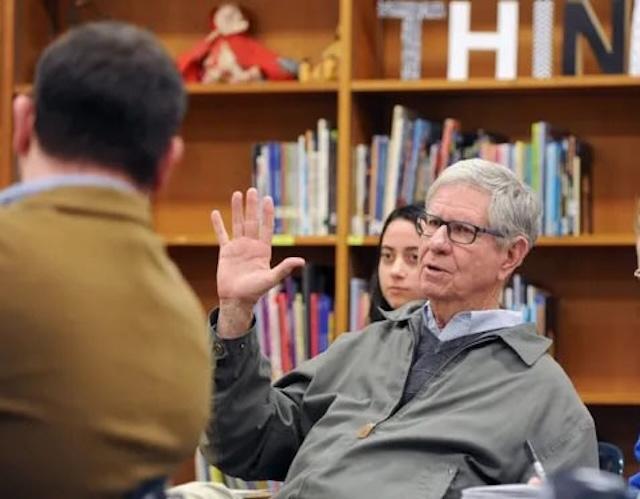Education – What is it that Americans want from its education and how do schools provide it from pre-K through college? Education has many demands on it and too many prophets who think they know what it is all about. The following are worthy of some deep thought by all of us in America. Much if not all of these factors go beyond America’s shores.
James Agee and Walker Evans made statements regarding education based on their sojourn to Hinds County, Alabama, in 1938. They wrote, “Education as it stands is tied in with every bondage I can conceive of, and is the chief cause of these bondages including acceptance and respect which are the worst bondages of all. – James Agee & Walker Evans (1939 p. 308)
In 2024, education is centered in socio-political issues that have long-lasting effects on individuals, communities and society. Variables that effect and are affected by education are race, socio-economic status, health and mental health. It is now past time to take bold steps to bring bold changes.
The following are not in any particular order of importance.
Race – Studies of academic achievement reveal that children of color, black or brown, do not do as well as white children academically. This has been termed the achievement gap. I prefer looking at this as the opportunity gap.
So, what are the possible remedies?
In 1954, the U.S. Supreme Court ruled in Brown vs. Board of Education that separating school children by race was unconstitutional, thus overturning the previous policy of “separate but equal.” President Eisenhower, regarding Brown, stated that desegregation was to happen with all deliberate speed. By which he meant, slowly.
Albert Einstein in Einstein on Race and Racism reported on deplorable, unsanitary conditions for black folks at Oak Ridge National Laboratories during World War II. Experiences such as this one along with the killings of Emmett Till; Medgar Evers; Schwerner, Goodman and Chaney; Breonna Taylor, and so many others whose deaths shock us, but then we quickly forget and move on. Donald Trump made a statement after the shooting in Perry, Iowa: “It’s just horrible, so surprising to see it here. But we have to get over it, we have to move forward.”
Horrors like these have a deep and lasting effect on academic achievement and on the unity of our communities.
Socio-economic status impacts neighborhoods with accumulated wealth impacting resources for schools and students. Paid tutoring for high stakes tests. Social economic status is eloquently discussed by Isabel Wilkerson in Caste. Audrea Elliott tackles the same issue in her Invisible Child. Thomas Sugrue’s The Origins of the Urban Crisis and Matthew Desmond’s Evicted reveal how vulnerable housing is for the poor.
When I started the University Assisted Community Schools, we saw a pattern of movement by children and families that followed a pattern where they moved four times during a nine-month school year. This scenario leads to reduced life chances and health issues such as diabetes, asthma, health issues and problems in living.
Linda Villarosa’s, Under the Skin, strongly asserts that white physicians do not listen to black patients especially women and it was not that long ago, the medical curriculum asserted that black people do not feel pain because they are less than human.
At this point in history, we are believing what is being said even when there is no evidence to support what is said.
The BEST education is required to filter lies from truth and we are responsible for providing it.
Bob Kronick is Professor Emeritus University of Tennessee. Bob welcomes your comments or questions to rkronick@utk.edu.

